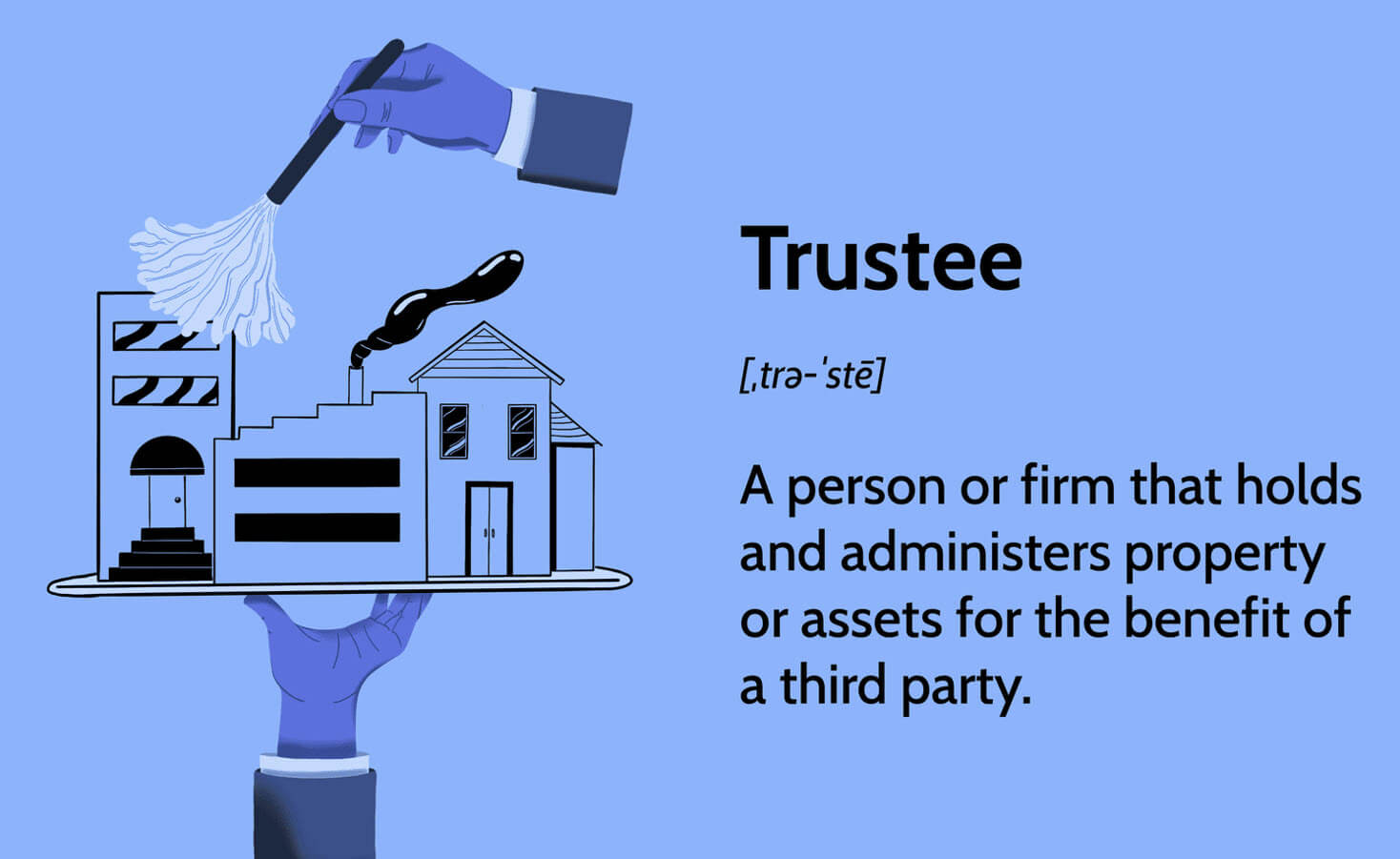Michael Jackson passed away in 2009, but the settling of his estate continues more than 15 years after his death due to a lingering tax dispute with the Internal Revenue Service (IRS) and other legal challenges, including a lawsuit brought by his mother over a deal to sell part of his music rights to Sony Music Group for $600 million.
A Los Angeles appeals court issued a ruling in August 2024 allowing the deal to proceed over the objections of Katherine Jackson, who argued that the transaction with Sony violates the terms of Michael’s will and runs counter to his wishes. The sale will now move forward, providing money for his heirs—and valuable estate planning lessons about trusts and controlling money and property from the grave.
Background on Music Sale Legal Dispute
According to the terms of Michael Jackson’s will, his entire estate is to be turned over to the Michael Jackson Family Trust. The primary beneficiaries of the trust are his three children and unnamed charities. John Branca, an attorney, and John McClain, an accountant, are the trustees of the trust and the executors of Jackson’s estate. Trustees and executors have similar roles—the winding down of a decedent’s affairs—but in different contexts. A trustee manages accounts and property owned by a trust. An executor (called a personal representative in some states) is responsible for managing a deceased person’s probate estate (which consists of accounts and property in the deceased person’s sole name that did not have a beneficiary at the time of their death) through the probate administration process.
Katherine, Jackson’s mother, is a life beneficiary of a portion of a subtrust, the terms of which give the trustees sole discretion to manage the trust assets (accounts and property owned by the trust) for Katherine’s “care, support, maintenance, and well-being.” When Katherine dies, any remaining assets in her subtrust pass to the children’s share of the trust.
Jackson’s will was admitted to probate in 2009, but his estate remains frozen due to a long-running tax issue involving $700 million allegedly owed to the IRS.
A May 2024 court filing shows that, as long as the legal dispute continues, the family trust cannot be funded. In the meantime, however, the family is receiving payments through an allowance provided by the estate and its executors.
In 2010, the probate court authorized the executors to continue running Jackson’s businesses. Because the estate is still pending before the court, the executors had to seek court approval to move ahead with a deal between the Jackson estate and Sony Music to purchase half of the King of Pop’s publishing and recorded masters catalog (called the Mijac catalog).
When they brought the deal to the judge, Katherine filed objections. Jackson’s children initially sided with their grandmother in opposing the transaction, but after the probate judge ruled last year that the deal could proceed, they accepted the decision.
Katherine subsequently filed an appeal. The appeal spawned a separate lawsuit between Katherine and Jackson’s son, Bigi, who argues that it is “unfair” that the estate should have to fund her lawsuit against the executors when the Jackson children already decided an appeal was not in their best interests.
In a court filing, Bigi’s lawyers wrote that participating in an appeal was a waste of resources because the chances of a reversal would be “an extreme longshot.”
It turns out the lawyers were right. The appeals court sided with the probate court and ruled that the estate can proceed with the sale to Sony, denying Katherine’s attempt to block the agreement.
Sony will now have a stake in what Billboard says could be the largest valuation of music assets ever—an estimated $1.2–$1.5 billion.
Appeals Court Ruling
Katherine argued in her appeal that the music rights sale violated the terms of Jackson’s will and established probate law.
She said Jackson told family members before his death that the assets should never be sold. She also claimed that her son intended to give the “entire estate” to the trust. According to Katherine, his music catalog—not proceeds from selling his music catalog, or partial management rights over that catalog—should pass to the trust.
In rejecting her arguments, the appeals court determined that Jackson’s will gives the executors “broad powers to buy and sell estate assets in the estate’s best interests” and that “all of the estate’s assets will be distributed to the trust.”
Katherine argued that these provisions are inconsistent and that the probate court’s order violates the second provision because it allows estate assets to be transferred to a joint venture (i.e., Sony) instead of to the trust. The appeals court disagreed, opining:
We conclude that the provisions are not inconsistent: Read together, they give the executors broad powers to manage estate property while the estate remains in probate, and they provide for the transfer of all estate property to the trust when the probate action is concluded. . . . The proposed transaction is consistent with the terms of Michael’s will as so interpreted, and thus the probate court did not abuse its discretion by granting the executors’ petition.
Katherine could still appeal the ruling to the California Supreme Court, but based on the interpretation of the lower court, her chances of a successful overturn are low.
Planning Lessons from the Estate of Michael Jackson
“Michael died testate on June 25, 2009,” the appeals court notes in its background to the case.
Testate means that Michael died with a will. He therefore avoided dying intestate, or without a will—something that has plagued the estates of musical superstars like Prince, Tupac Shakur, and Marvin Gaye.
Dying intestate can lead to protracted estate litigation between heirs and other interested parties, especially when the estate belongs to a celebrity worth many millions of dollars. We see this with Prince’s estate, which is still being litigated more than eight years after his passing.
A formal written will takes precedence over oral statements made to friends and family members. It could be the case that Jackson communicated to his mother, as she claims, that the music catalog should never be sold. But goals and wishes casually discussed with friends and family are not legally enforceable unless they have been put in a valid, legally enforceable document.
Jackson not only left behind a valid will but also created a revocable trust during his lifetime to benefit his children and mother. He additionally had the foresight to place terms on the trust to ensure that his children would be mature enough to receive their large inheritances, stipulating specific disbursements to them at ages 30, 35, and 40.
Jackson also avoided another mistake in his estate plan by giving broad powers to the executors. Estate planning attorneys typically advise clients to give executors broad powers to buy and sell estate property during probate so they do not have to spend time and money seeking court approval for routine transactions.
Jackson’s will is crystal clear on this point. Article V of his will provides: “I hereby give to my Executors, full power and authority at any time or times to sell, lease, mortgage, pledge, exchange or otherwise dispose of the property, whether real or personal, comprising my estate, upon such terms as my Executors shall deem best . . . .”
This type of provision lets executors sell assets in response to changing circumstances that the original owner might not have been able to predict when they created their estate plan. For example, Jackson’s estate filed a brief with the appellate court claiming they negotiated the Sony deal to take advantage of an asset market that was “by far the hottest it had ever been.”
On the surface, it looks as though Michael made all the right estate planning moves: He created a will and a trust and gave his executors the authority to maximize his estate’s assets for the benefit of his heirs. But he made one potential mistake: Not all of his assets were transferred into the trust during his lifetime, in a process known as trust funding. Trust funding is crucial to ensure that all of a person’s assets are administered privately under the terms of the trust rather than in the public eye of a probate court.
Michael had what is known as a pour-over will that was intended to transfer all assets not already controlled by the trust into the trust upon his death. Pour-over wills serve as a safety net; they transfer all probate assets into the trust so they can be administered with the other trust assets pursuant to the terms of the trust.
But leaving assets out of the trust and using a pour-over will to direct them to the trust after his death meant that the assets had to go through probate, opening the estate up to some of its current predicaments, such as the lawsuit his mother filed challenging the executors.
Create an Estate Plan That Matches Your Legacy Goals
Most people do not have to deal with the complex estate planning considerations that celebrities face, particularly a celebrity on the scale of Michael Jackson, whose musical legacy continues to generate huge profits. Jackson was the top-earning dead celebrity in 2023, a credit to his executors’ successful management of his estate.
Choosing the right executor and granting executor powers are key aspects of an estate plan that are often overlooked. When making your plan, you are under no obligation to name a friend or family member as executor. You can do what Jackson did and choose professionals with legal and financial expertise.
His choice of a revocable trust and a pour-over will may be questioned postmortem, but there were probably reasons why he chose this type of arrangement. Failing to fully fund his trust, however, may have been an oversight that could have been prevented with the help of an experienced estate planning attorney. Estate planning choices involve pros and cons, costs and benefits, that need to be evaluated on an individual basis. What makes sense for Michael Jackson and his heirs—or any other family—might not make sense for you and your loved ones.
To put your finances and family in the best situation, you need a customized estate plan that is based on your specific wishes for your money and property, and you should revisit your plan every few years to ensure that it reflects current circumstances.
Call or contact our attorneys for help crafting a plan that meets your legacy goals.











